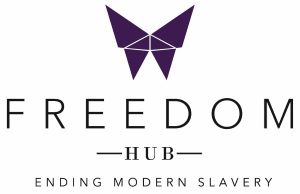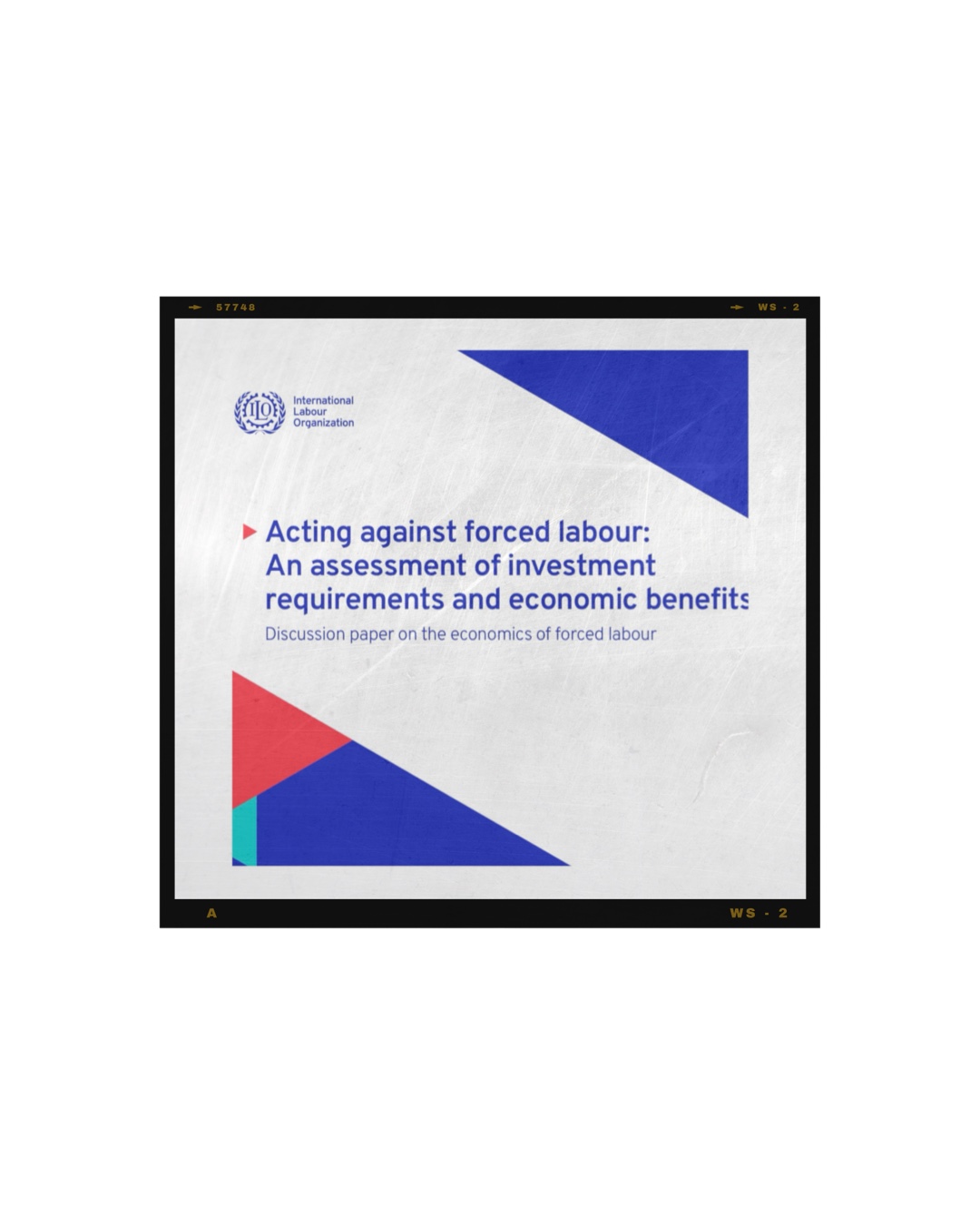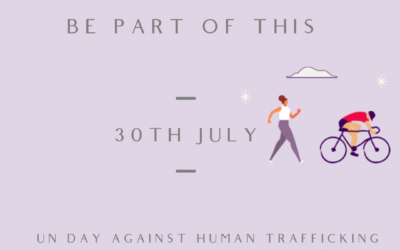Financial Investment Required
How Can You Help?
At The Freedom Hub Survivor School, we’ve seen firsthand how empowering survivors of modern slavery not only transforms lives but also strengthens communities. When survivors are supported in their recovery and reintegrated into the workforce, they bring resilience, unique perspectives, and a drive to succeed. It’s more than charity—it’s smart economics. A thriving, ethical workforce benefits everyone, from local businesses to national economies.
Here are 3 ways businesses and leaders can contribute to this change:
- Check your Supply Chains: Ensure your business isn’t inadvertently supporting forced labour by conducting thorough supply chain audits below T1 and partnering with ethical suppliers.
- Support Survivor Employment: Create pathways for survivors to re-enter the workforce through training programs, mentorship, and fair employment opportunities.
- Advocate for Policy Change: Use your voice to support policies that protect workers’ rights and promote transparency in industries vulnerable to exploitation.
The ILO report is a wake-up call—ending forced labour isn’t just about justice; it’s about unlocking economic potential.
Every small action counts. By supporting ethical practices and empowering survivors, we can build a world where freedom fuels prosperity.




